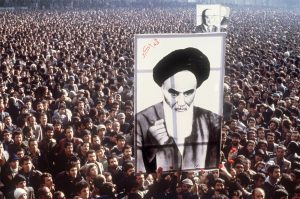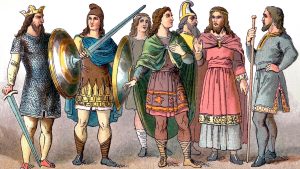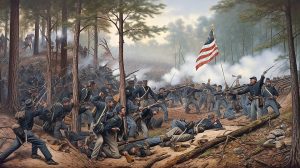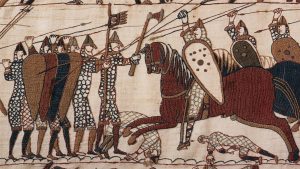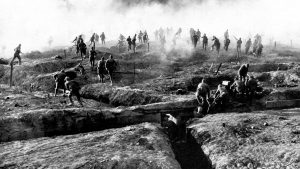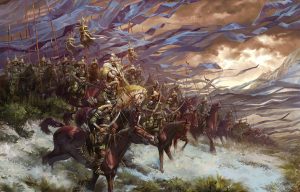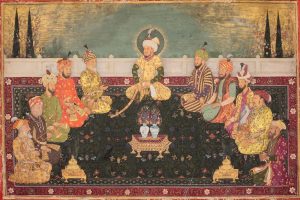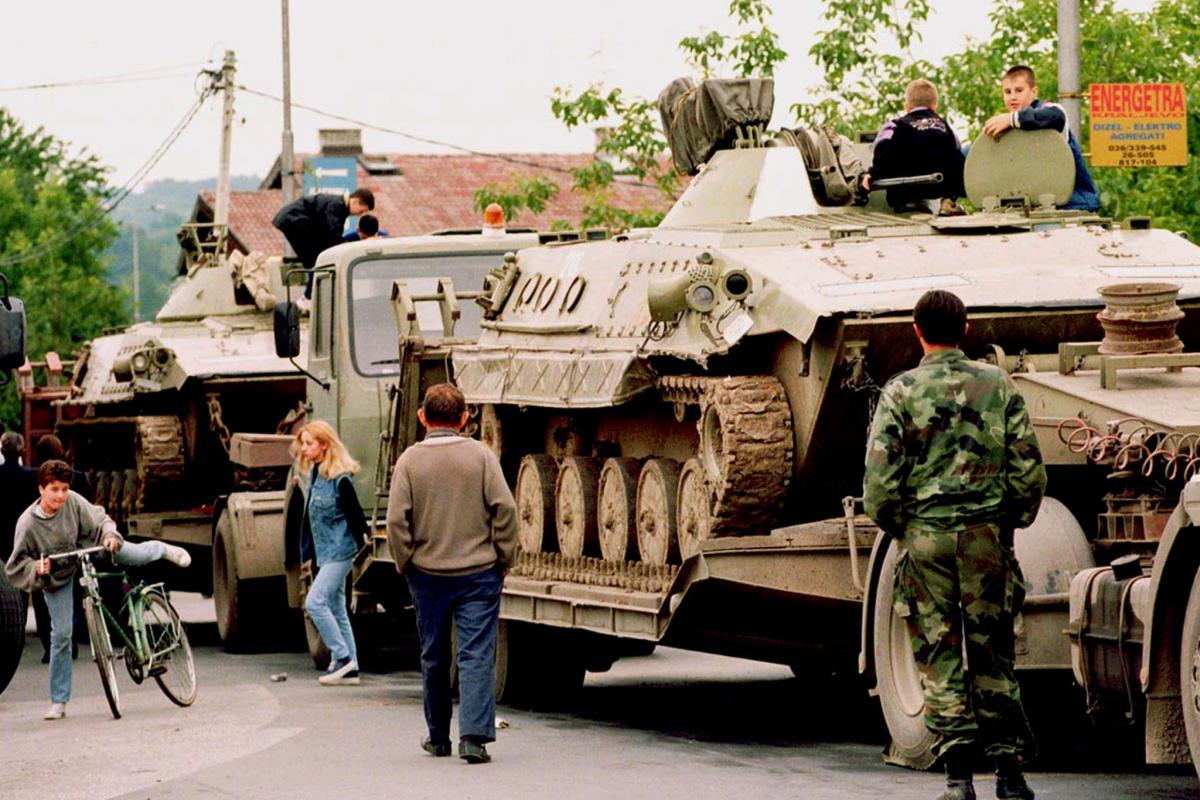
22 interesting facts about Kosovo War
- 👁️ 1488
The Kosovo War, a conflict that emerged from the complex tapestry of Yugoslav dissolution, ethnic tensions, and international geopolitical interests, dramatically shaped the Balkans towards the end of the 20th century. Taking place from 1998 to 1999, this conflict involved the Federal Republic of Yugoslavia, which included the Republics of Serbia and Montenegro, and the Kosovo Liberation Army (KLA), with NATO eventually intervening. The war sought to address deep-rooted ethnic divisions and grievances, particularly concerning the Albanian majority’s demand for greater autonomy or independence from Serbian rule. The conflict and its resolution left a lasting impact on international law, humanitarian intervention norms, and the geopolitical landscape of Southeast Europe. Here are 22 interesting and informative facts about the Kosovo War that highlight its complexity and significance.
- The Kosovo War primarily took place from February 1998 to June 1999.
- It resulted in approximately 13,000 deaths, the majority of whom were ethnic Albanians.
- The conflict was sparked by the Kosovo Liberation Army’s (KLA) armed resistance against Serbian authorities aiming for independence or greater autonomy for Kosovo.
- In response to the insurgency, Serbian and Yugoslav forces launched a campaign of ethnic cleansing against Kosovo Albanians.
- NATO’s intervention began on March 24, 1999, with a bombing campaign against Yugoslav forces named Operation Allied Force.
- The Rambouillet Agreement, which proposed the autonomy of Kosovo, was rejected by Yugoslav President Slobodan Milošević, leading to NATO’s intervention.
- The United Nations estimated that nearly 850,000 Kosovo Albanians were forcibly displaced and became refugees during the conflict.
- The war ended with the adoption of United Nations Security Council Resolution 1244, which placed Kosovo under UN administration and authorized a NATO-led peacekeeping force.
- Kosovo declared independence from Serbia on February 17, 2008, a move Serbia has not recognized.
- The war led to the indictment of Slobodan Milošević and other Yugoslav officials for war crimes and crimes against humanity by the International Criminal Tribunal for the former Yugoslavia (ICTY).
- The bombing campaign also controversially damaged civilian infrastructure and led to civilian casualties, which drew international criticism.
- The conflict saw the first combat use of Apache helicopters by the United States.
- The term “Kosovo Polje” or “Field of Blackbirds” is historically significant, referencing the site of the 1389 Battle of Kosovo between Serbian and Ottoman forces.
- NATO’s intervention in Kosovo was its first-ever ground combat operation and the first major conflict following the end of the Cold War.
- The war significantly strained relations between NATO countries and Russia, which opposed the bombing campaign.
- The ICTY charged Yugoslav forces with the use of sexual assault as a weapon of war during the conflict.
- Among the most tragic events was the Račak massacre in January 1999, where 45 Kosovo Albanians were killed, prompting international outrage.
- Operation Horseshoe was a plan attributed to Serbian forces aimed at ethnically cleansing Kosovo Albanians from Kosovo.
- The war’s aftermath left Kosovo with a destroyed infrastructure, including thousands of homes and schools, and a significant unexploded ordnance problem.
- Post-war, over 200,000 Serbs and other non-Albanians fled Kosovo, fearing reprisals and persecution.
- The Kosovo War led to significant advancements in drone warfare and highlighted the growing importance of unmanned aerial vehicles in modern conflicts.
- The conflict had a profound impact on global perceptions of humanitarian intervention and influenced subsequent international responses to ethnic cleansing and genocide.
The Kosovo War remains a defining moment in the history of the Balkans and international relations, illustrating the complexities of ethnic conflict, the challenges of humanitarian intervention, and the consequences of international diplomacy. It underscored the necessity of addressing ethnic grievances and the importance of international law and institutions in resolving conflicts. As the region continues to navigate its post-conflict reality, the lessons learned from the Kosovo War continue to resonate in discussions about peace, sovereignty, and human rights.



